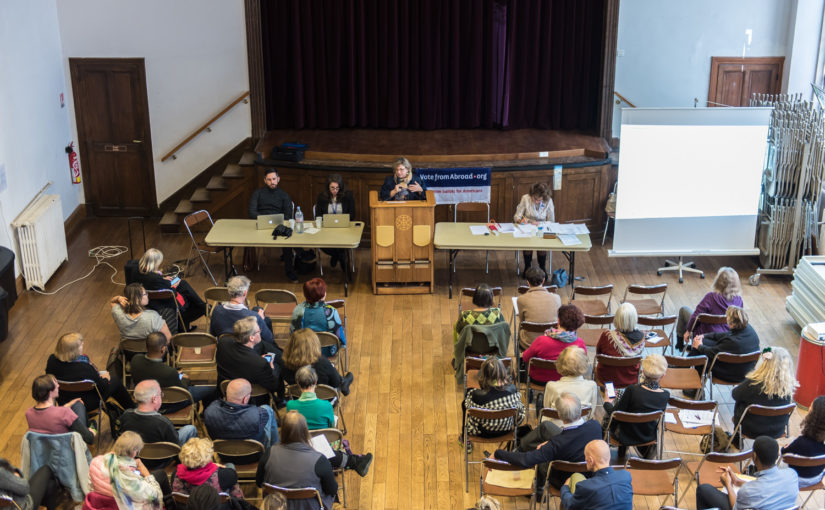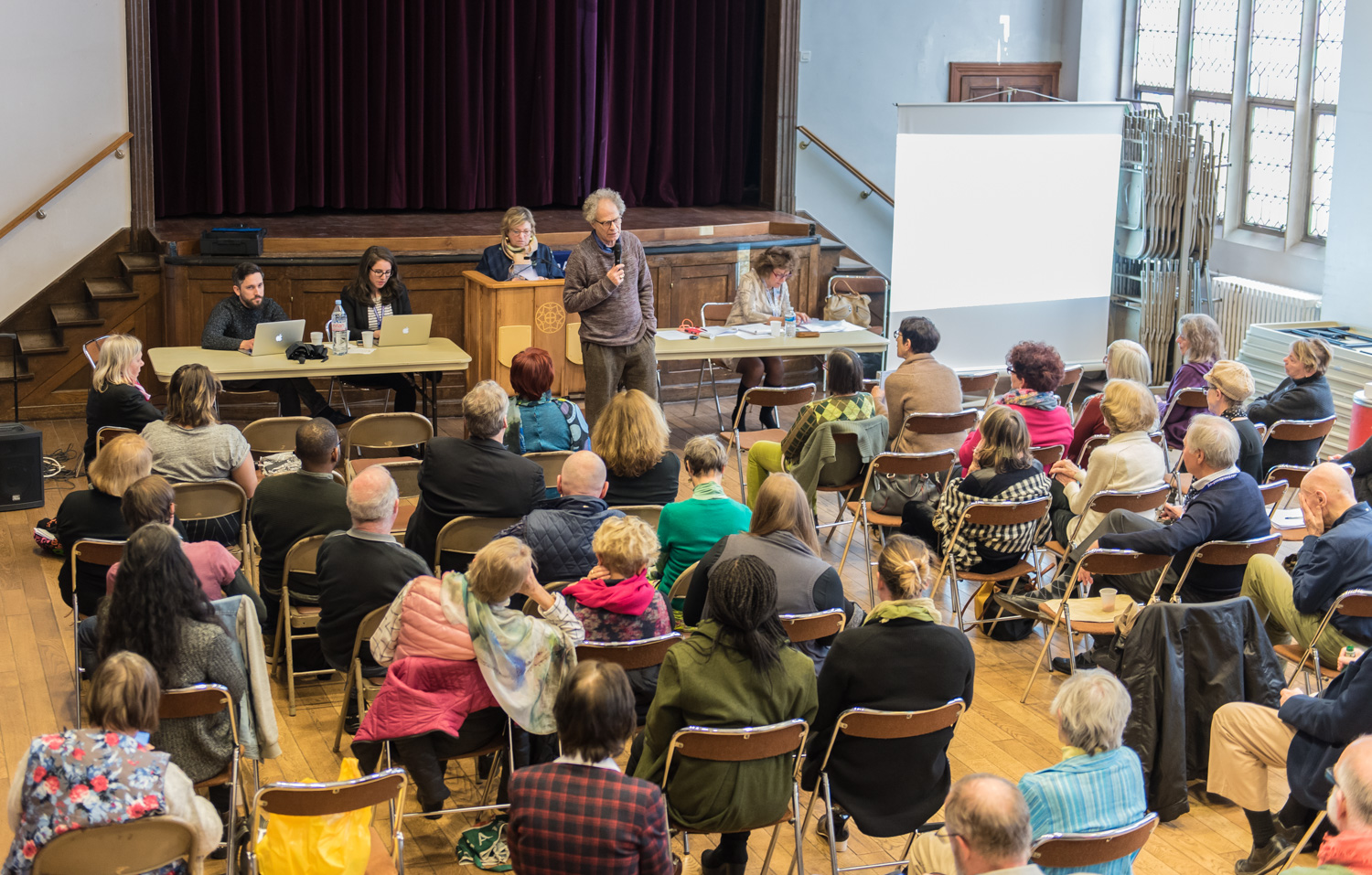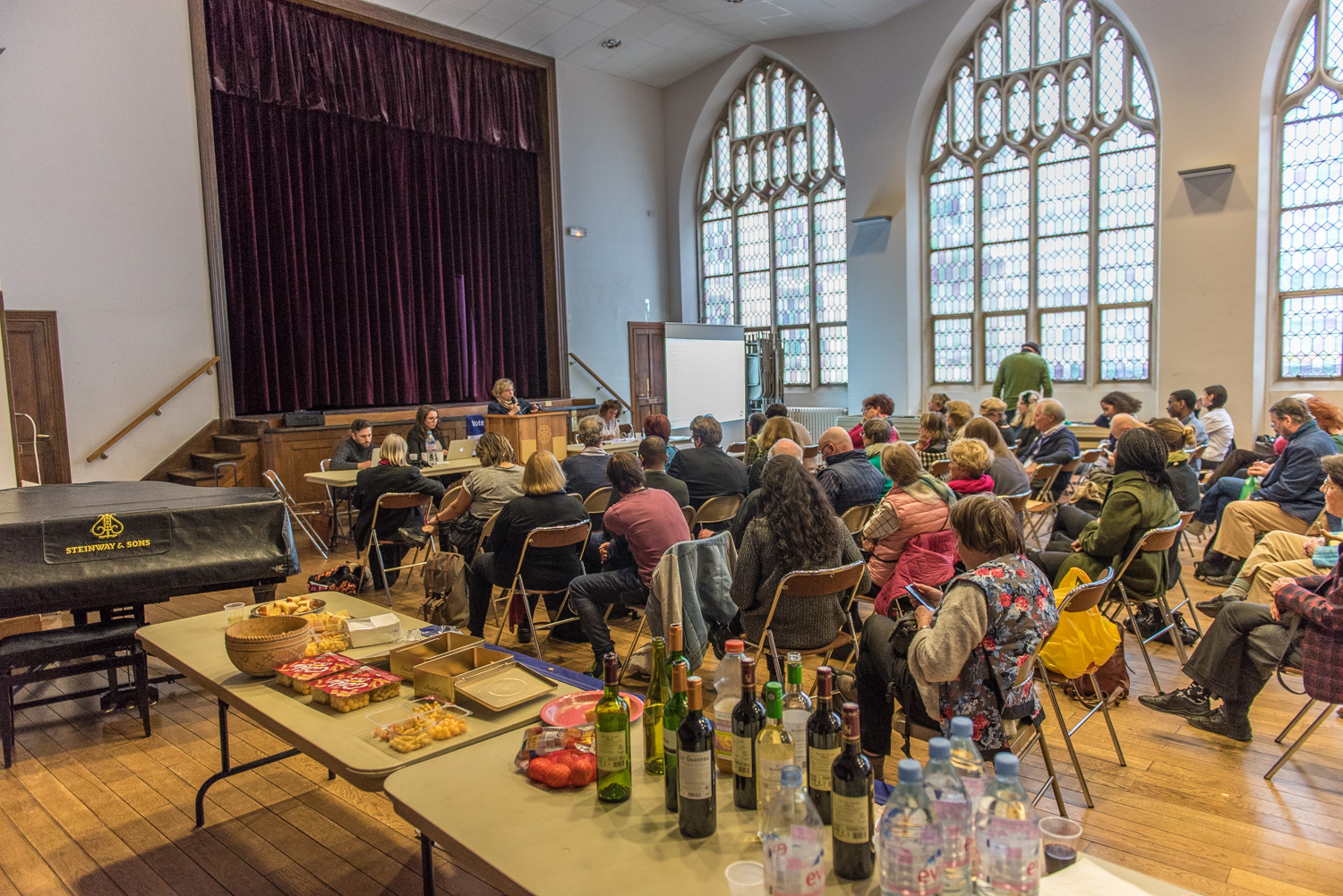Those clouds you see are the visible manifestation of the world’s collective sigh of relief. France has refused to stumble down the path of intolerant populism. The election is over, the good guys (comparatively speaking) won, the relief is palpable. We can now kick back, have another glass of wine and contemplate the rising cost of baguettes. France has, for the moment, come to the rescue of democracy.
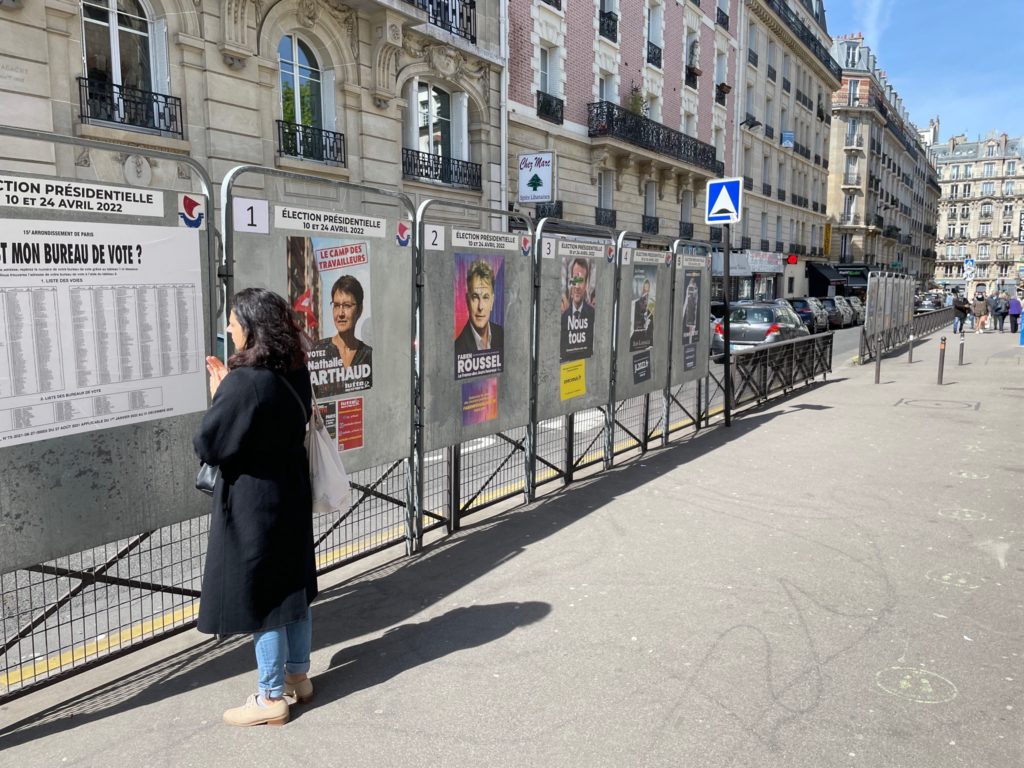
Macron’s margin of victory (17 points) would be considered a landslide in the US, here it was thought to be close because five years ago, he won by almost twice that. That’s because five years ago no one knew who he was. They do now, and never stop complaining, but still returned him to office because the threat of Le Pen’s anti-immigrant racism was more than they could swallow. Thank you.
It’s been said that the French vote with their hearts in the first round and with their heads in the runoff. It’s also true that as soon as he (they’ve all been men so far) takes office, the president becomes Public Enemy Number One. So re-election is a triumph for Macron, hasn’t happened since Jacques Chirac in 2002.
Enough politics. Paris was a treat today. Warm, sunny, puffy white clouds, the tourists are back, the masks are off, the cafés are full, and people are smiling.
Happy to be here.
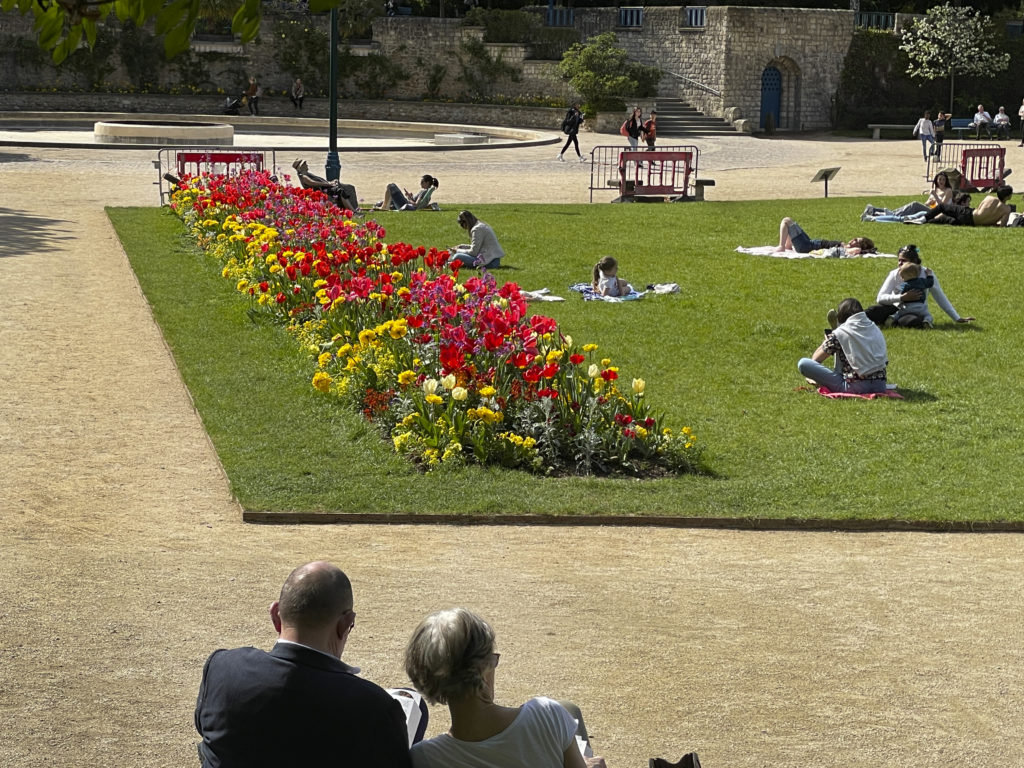
©2022 Ron Scherl

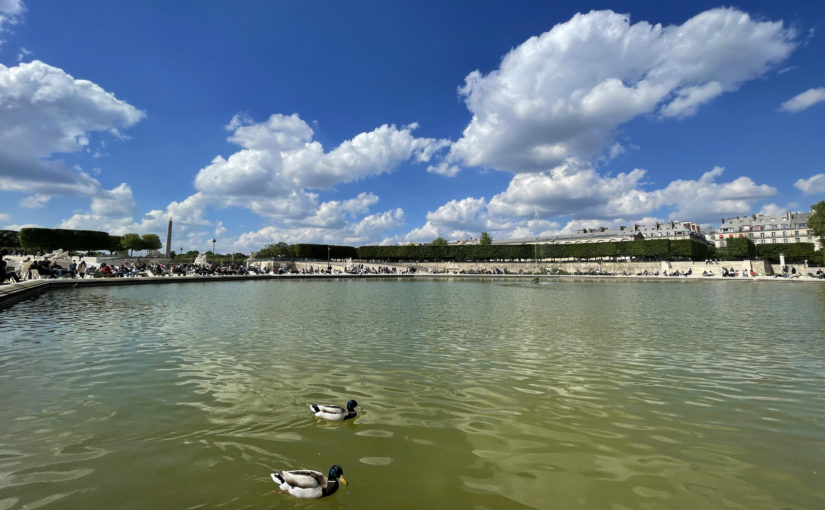

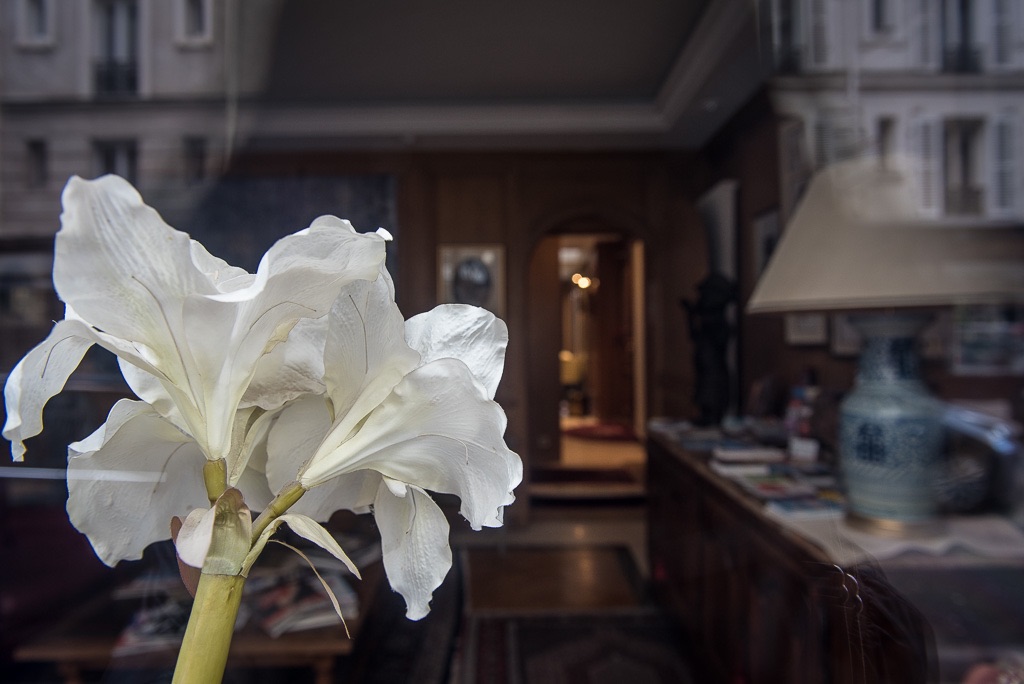

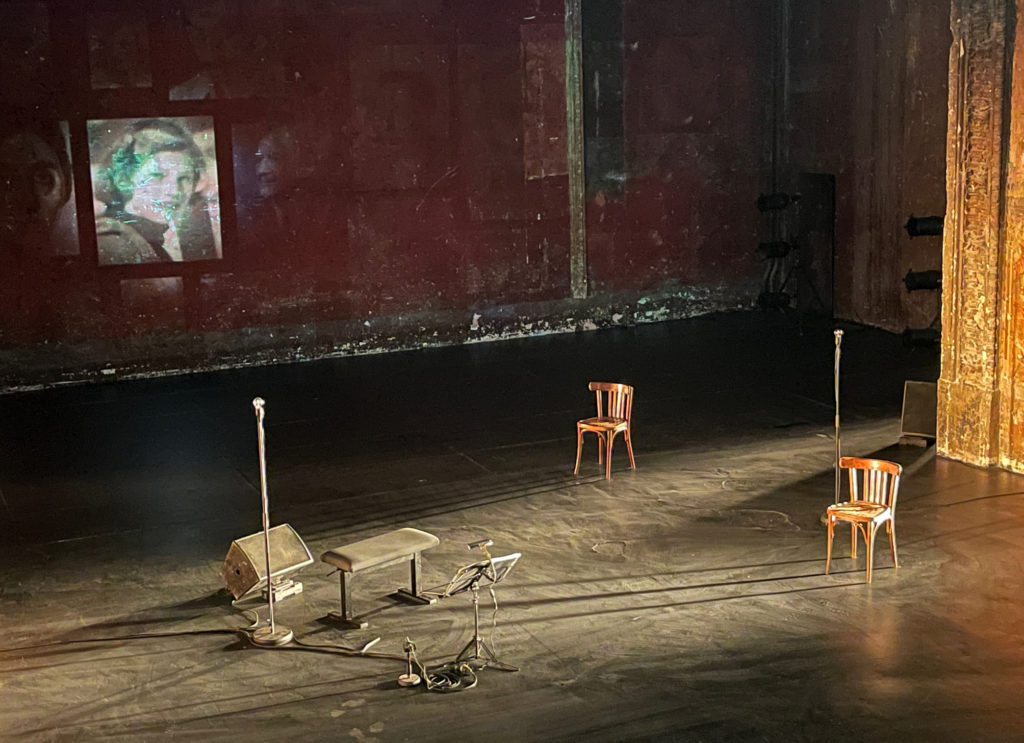

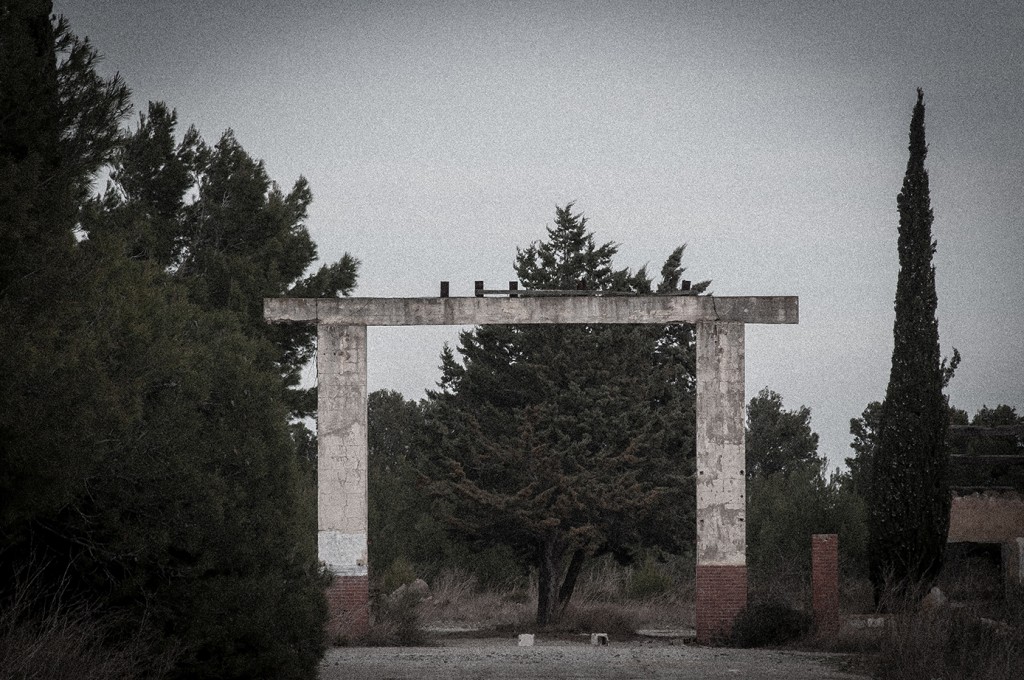
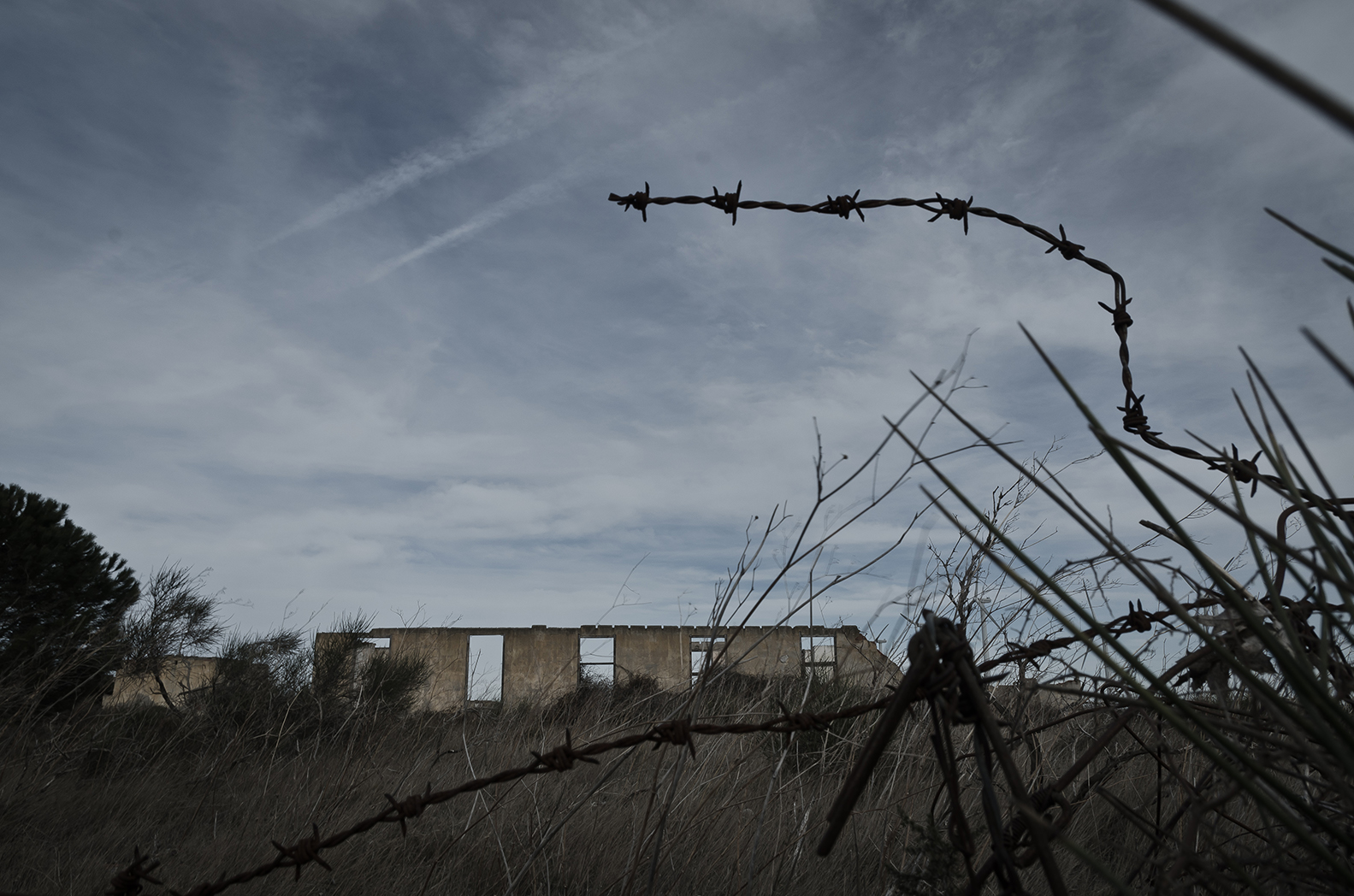
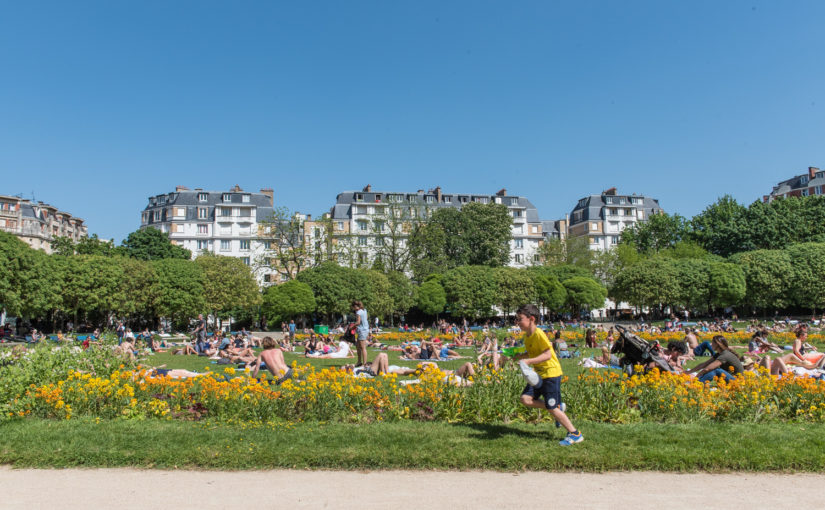

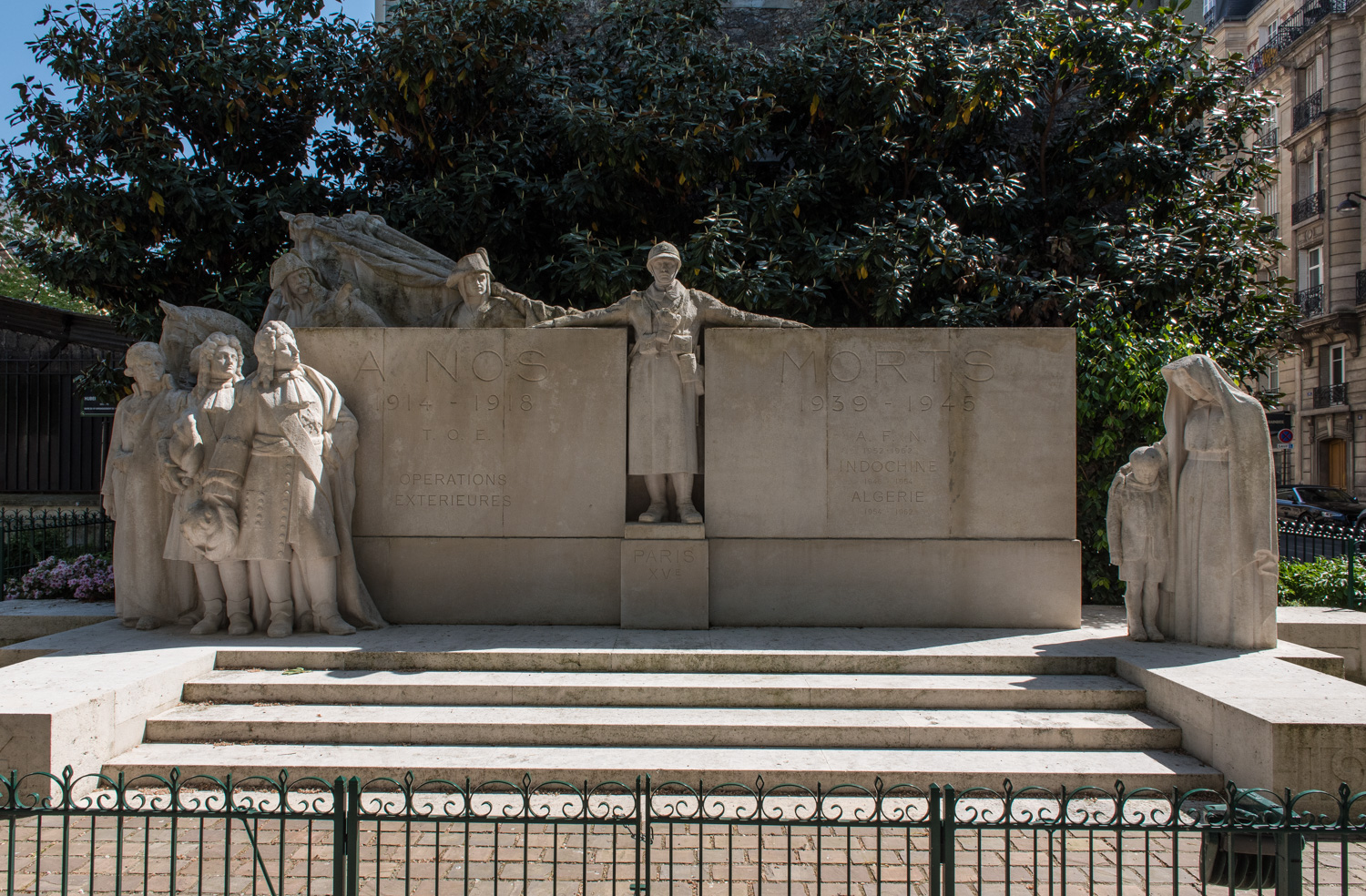

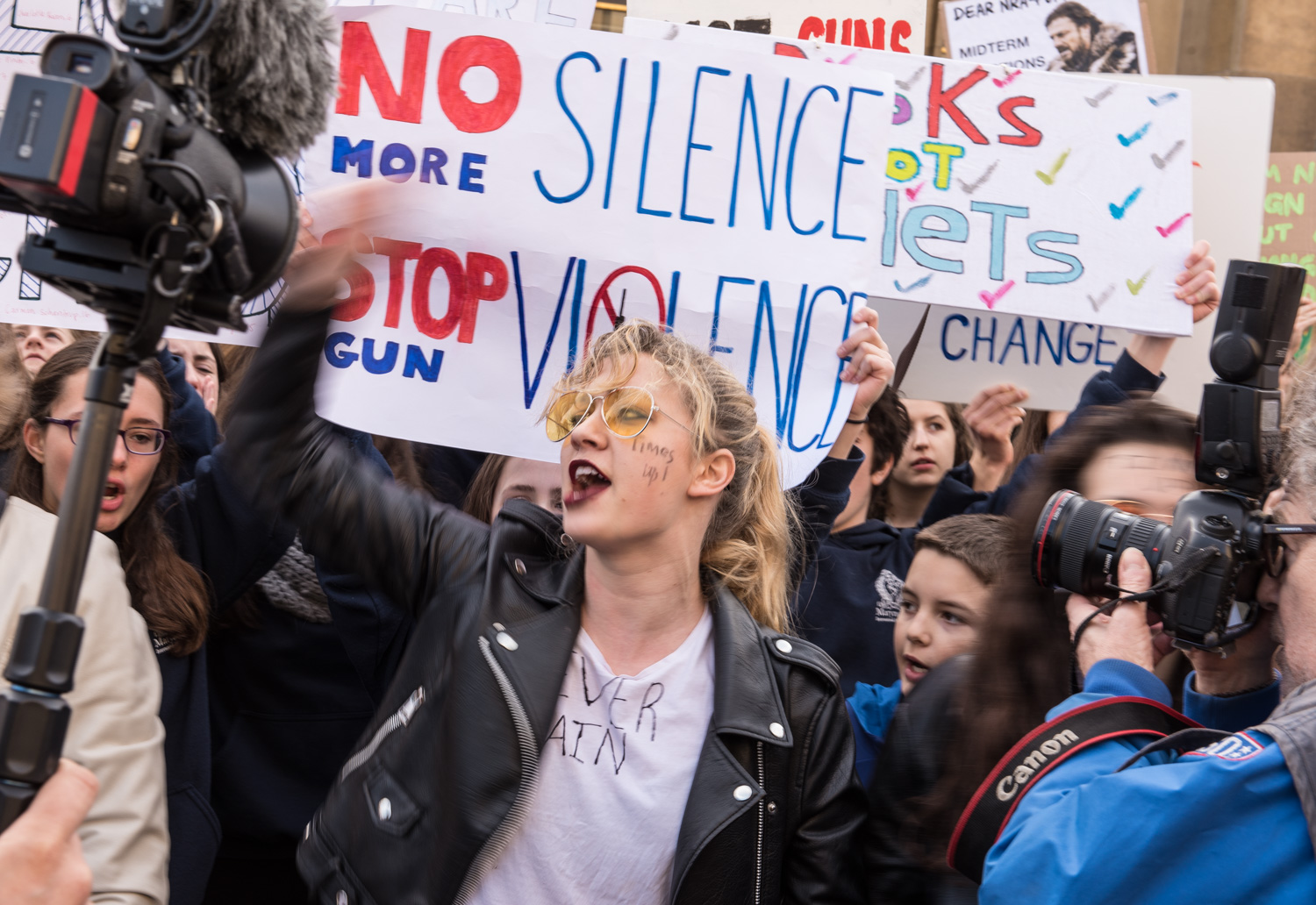
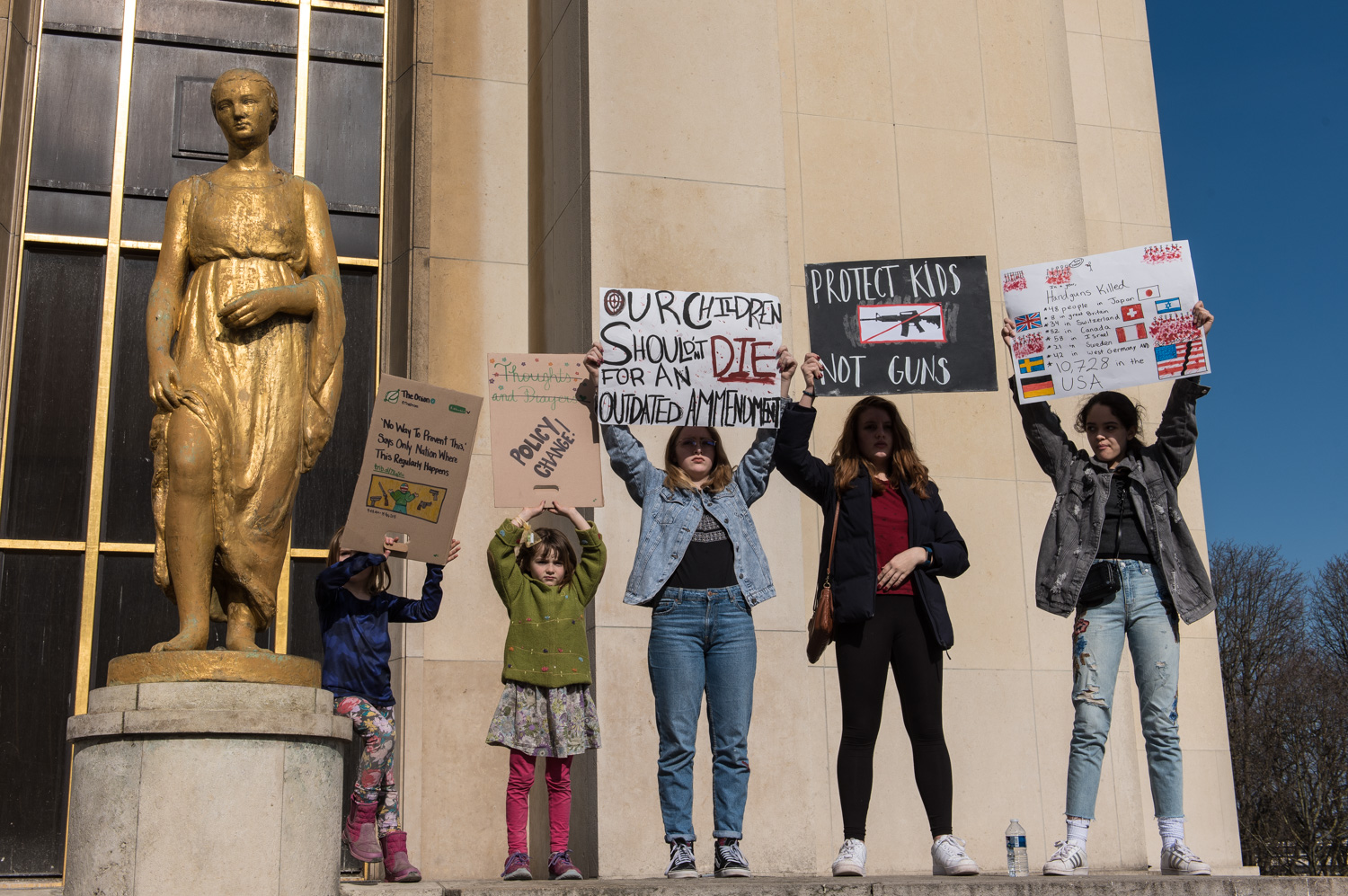

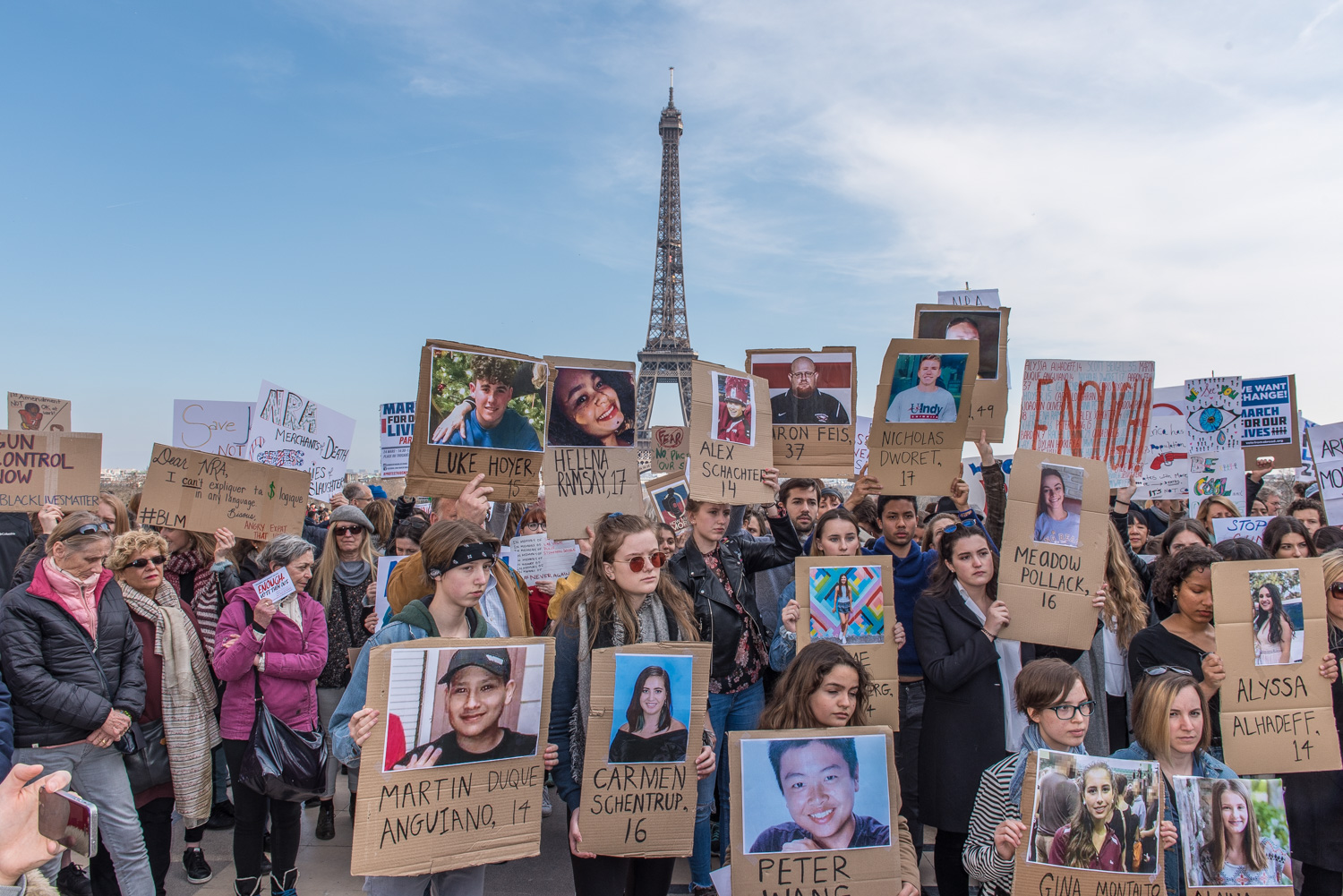 ©2018 Ron Scherl
©2018 Ron Scherl